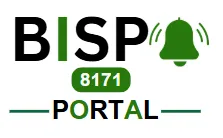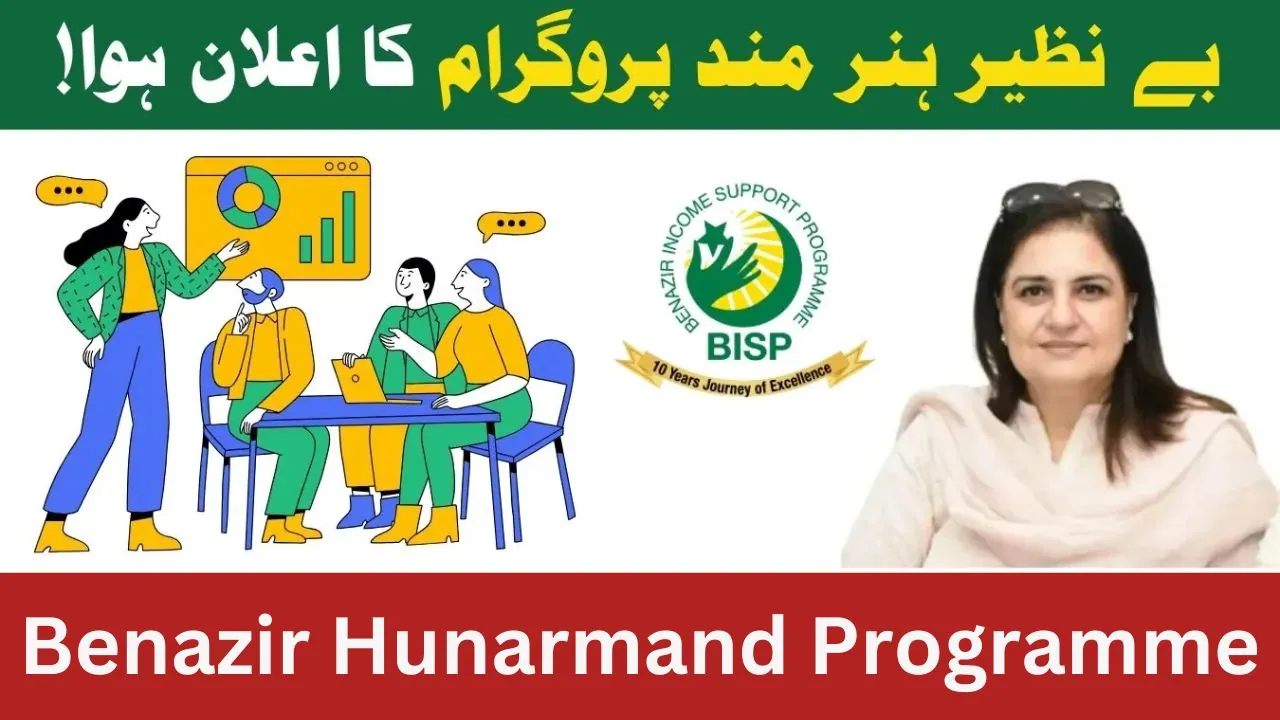The Benazir Income Support Programme (BISP) is an important initiative by the government of Pakistan that focuses on poverty alleviation. In December 2024, BISP announced the launch of the Benazir Hunarmand Programme, which aims to empower underprivileged individuals by providing them with vocational training. This program is designed to help people acquire skills that will improve their chances of finding better job opportunities in Pakistan and abroad.
Table of Content
What is the Benazir Hunarmand Programme?
The Benazir Hunarmand Programme is a new initiative under BISP that focuses on providing skill training to people from disadvantaged backgrounds. The program will help individuals gain expertise in various vocational fields, such as technical and skilled labor, which are in demand both locally and internationally.
The main goal is to increase the employability of participants and give them better access to job opportunities. This is especially important for individuals who lack formal education but have the potential to succeed with the right skills.
The Pilot Phase of the Programme
The pilot phase of the Benazir Hunarmand Programme will target 40 semi-skilled individuals from low-income backgrounds. These individuals will receive internationally recognized training in various skill sets. This phase aims to test the effectiveness of the program before it is expanded to more people.
By focusing on semi-skilled individuals, the program is designed to help those who already have some experience but lack formal training. The new skills they acquire will improve their chances of getting better jobs, both in Pakistan and abroad.
| Program Phase | Target Group |
| Pilot Phase | 40 semi-skilled individuals |
| Future Expansion | More participants from all backgrounds |
International Collaboration for High-Quality Training
To ensure high-quality training, BISP has partnered with international organizations. These include well-known organizations such as the Bill and Melinda Gates Foundation, the Lives and Livelihood Fund, and the Islamic Development Bank.
These partnerships will provide participants with access to world-class training programs that meet international standards. The aim is to prepare these individuals for competitive job markets, both within Pakistan and in other countries, by offering them skills that are in high demand globally.

Vision Behind the Programme
This initiative is inspired by the vision of Shaheed Mohtarma Benazir Bhutto, who believed in empowering the people of Pakistan through education and skill development. Senator Rubina Khalid, the Chairperson of BISP, emphasized that “Skill is the greatest asset,” and economic empowerment through skill development is the key to solving many of Pakistan’s challenges.
The Benazir Hunarmand Programme is a step towards turning this vision into reality. By providing people with the skills they need, the program helps reduce poverty, promotes social mobility, and contributes to national development.
Expanding the Reach of BISP
Currently, BISP is supporting around 9.6 million families across Pakistan, and this number is expected to grow. The addition of the Benazir Hunarmand Programme shows how BISP is expanding its services to include not only financial assistance but also opportunities for skill development.
The program will not only assist people in finding jobs but will also help in building a skilled workforce in Pakistan. With more people being trained in specialized skills, Pakistan can have a competitive advantage in both domestic and international job markets.
Conclusion
The Benazir Hunarmand Programme is a groundbreaking initiative that will empower underprivileged individuals in Pakistan by providing them with the skills they need to succeed. The program is part of BISP’s broader mission to reduce poverty and increase economic mobility for vulnerable populations. Through international partnerships, BISP ensures that the training provided is of the highest quality. This program is expected to play a key role in building a better future for many Pakistanis. As the program expands, it will create more opportunities for skilled individuals to improve their livelihoods and contribute to the overall development of the country.

